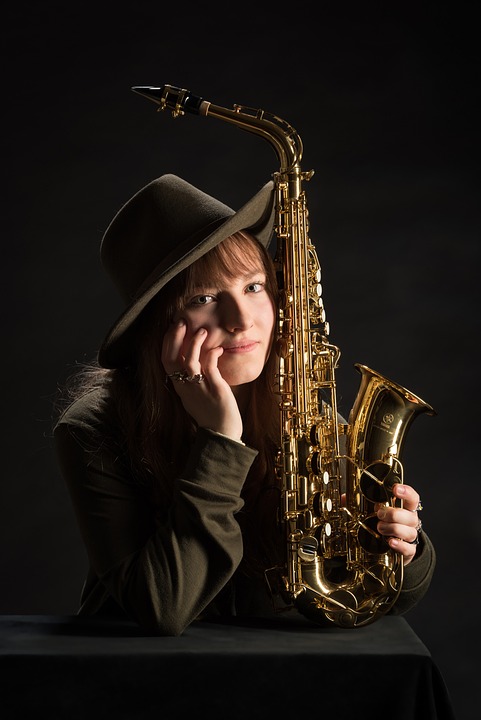The Importance of Rituals and Ceremonies in Traditional Music
In many cultures around the world, music plays a significant role in rituals and ceremonies. Traditional music is often used to mark important events such as weddings, funerals, and religious celebrations. The use of traditional instruments in these rituals and ceremonies not only adds a unique cultural element but also serves to connect participants to their heritage and ancestors.
Traditional Instruments in Rituals and Ceremonies
Traditional instruments are an essential part of many rituals and ceremonies. These instruments are typically handcrafted using traditional materials and techniques passed down through generations. They often have symbolic meanings and are believed to possess spiritual powers.
One example of a traditional instrument used in rituals and ceremonies is the Native American drum. The drum is considered sacred and is used in various ceremonies such as the powwow, sweat lodge, and vision quest. The drum represents the heartbeat of mother earth and is believed to connect the community with the spirits.
Another example is the Japanese taiko drum, which is used in Shinto rituals and ceremonies. The taiko drum is played to summon the gods and to purify the space before a ceremony. Its powerful sound is believed to drive away evil spirits and bring blessings to the participants.
In African cultures, the djembe drum is often used in rituals such as births, weddings, and funerals. The djembe drum is believed to contain the spirit of the tree from which it is made and is played to communicate with ancestors and gods.
The Role of Tradition and Ancestry
Traditional instruments and music are deeply connected to the traditions and ancestry of a culture. They serve as a bridge between the past and the present, allowing people to connect with their heritage and ancestors through sound and rhythm.
In many cultures, traditional instruments are believed to have been passed down from the gods or ancestors and are considered sacred. Playing these instruments in rituals and ceremonies is a way of honoring the traditions of the past and connecting with the spiritual world.
For example, in the Maori culture of New Zealand, the taonga pūoro (traditional Maori instruments) are believed to have been gifted to humans by the gods. These instruments are played in rituals and ceremonies to pay homage to the ancestors and to connect with the spiritual world.
Similarly, in the Balinese culture of Indonesia, the gamelan orchestra is used in religious ceremonies to communicate with the gods and ancestors. The intricate patterns of the gamelan music are believed to be a form of prayer and offering to the spiritual world.
The Symbolism of Traditional Instruments
Traditional instruments often have symbolic meanings that are connected to the culture and traditions of a community. These symbols can vary widely depending on the culture and the instrument, but they generally represent themes of spirituality, nature, and ancestry.
In many cultures, the drum is a common symbol of unity and community. The circular shape of the drum represents the cycle of life and the interconnectedness of all living beings. The sound of the drum is believed to bring people together and create a sense of harmony and peace.
Flutes and wind instruments are often seen as symbols of communication with the spiritual world. The breath that is used to play these instruments is seen as a connection to the life force and the divine. In some cultures, the sound of the flute is believed to carry prayers and messages to the gods.
String instruments such as the guitar or the lyre are often associated with storytelling and myth. The strings of these instruments are believed to vibrate with the energy of the universe and to convey the wisdom of the ancestors. Playing these instruments in rituals and ceremonies is a way of preserving the oral traditions of a culture.
Conclusion
In conclusion, the rituals and ceremonies associated with traditional instruments play a vital role in preserving the cultural heritage of a community. These rituals and ceremonies connect people to their traditions, ancestors, and spiritual beliefs through the power of music and sound. By honoring the traditions of the past and using traditional instruments in rituals and ceremonies, communities around the world continue to celebrate their culture and preserve their heritage for future generations.

Leave a Reply